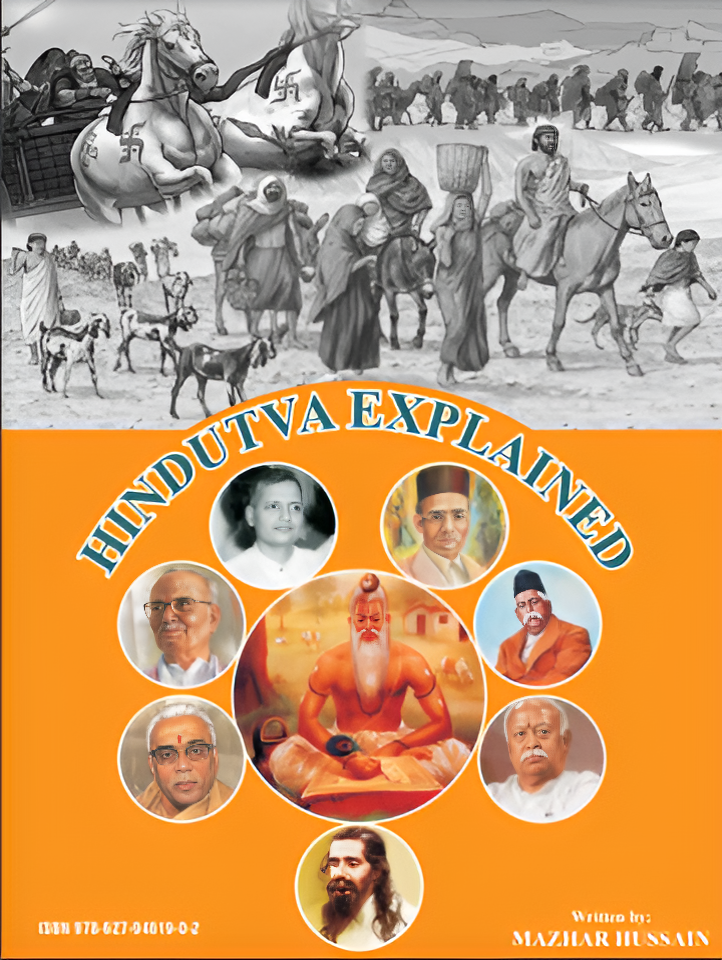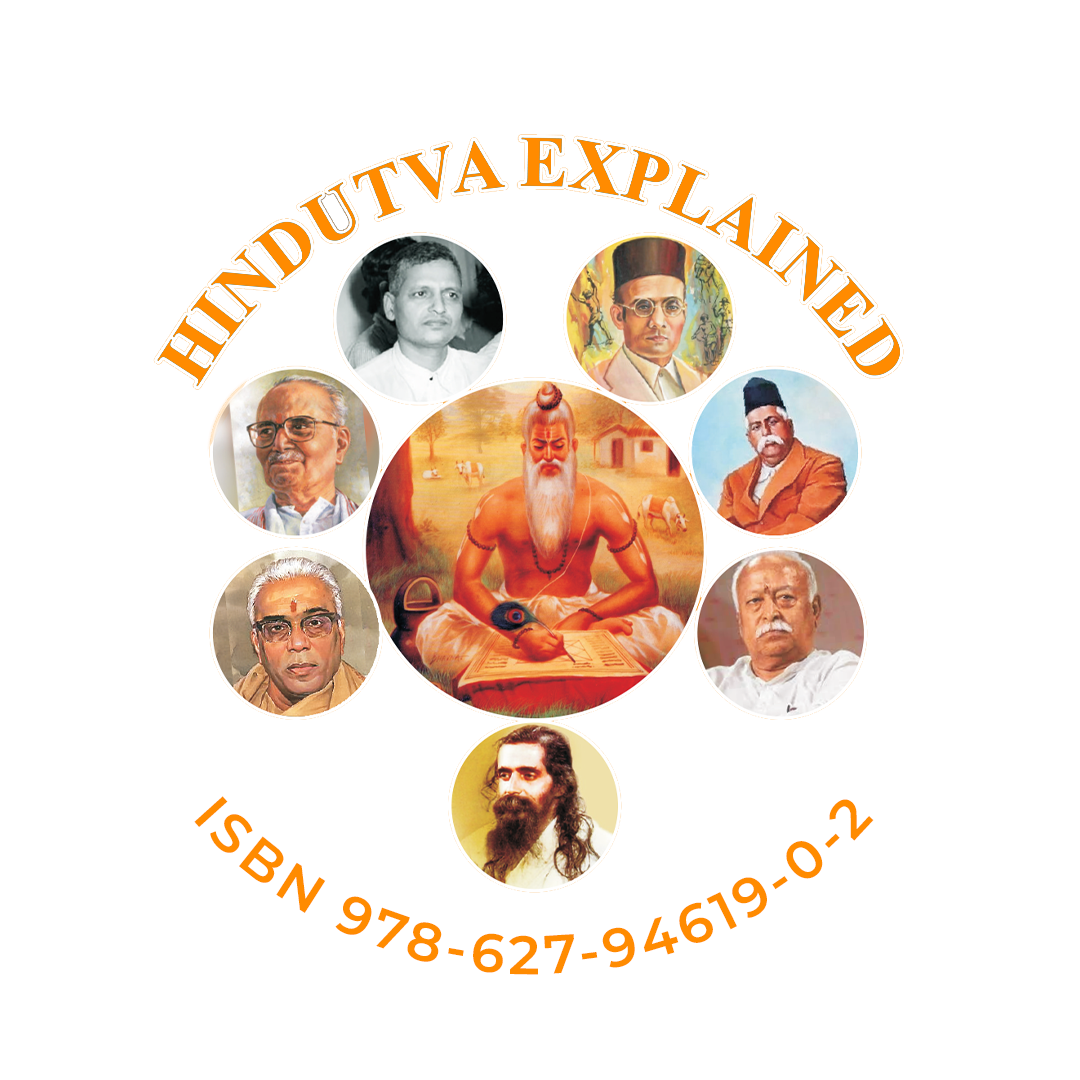Hindutva Explained
A Deep Dive into Ideology and History
Embark on a journey to uncover the historical roots, guiding principles, and profound influence of Hindutva in shaping India’s cultural, social, and political landscape, presented in this detailed and insightful guide.

Download Your Copy Today!
Access Hindutva Explained and explore an in-depth journey into India’s cultural, political, and historical landscape. Click below to get your digital copy instantly!
Book Overview
Hindutva Explained offers a comprehensive and critical examination of Hindutva, the ideology that has profoundly influenced India’s political, cultural, and social landscape. The book delves deep into the historical origins, evolution, and the significant figures that have shaped Hindutva’s journey over the centuries. Through a blend of historical insights, political analysis, and sociocultural exploration, the author presents a nuanced understanding of the complex forces at play.
The book is divided into distinct sections, each exploring different facets of the Hindutva ideology. The Historical Foundations section traces the ideological roots of Hindutva back to ancient Vedic times, emphasizing the evolution of caste systems, the rise of Hindu nationalism, and the contributions of early thinkers and social reformers. The Key Figures and Movements section analyzes the influence of major figures such as Vinayak Damodar Savarkar and M.S. Golwalkar, along with an in-depth look at movements like the Arya Samaj, Hindu Mahasabha, and RSS (Rashtriya Swayamsevak Sangh), which played a significant role in popularizing Hindutva.
In the Political and Social Impact section, the book explores how Hindutva has influenced India’s modern-day politics, particularly the rise of the Bharatiya Janata Party (BJP), its use in electoral politics, and its implications for secularism in India. Lastly, the Contemporary Debates and Criticism section provides a critical perspective on the criticisms and challenges posed by opponents of Hindutva, including its impact on minority communities and secular ideologies, while also discussing alternative views on Indian identity and multiculturalism.
BACKGROUND
Understanding the Roots of Hindutva
CHAPTER 1
Late 19th and Early 20th Century
CHAPTER 2
Hindu Mahasabha
CHAPTER 3
Savarkar
CHAPTER 4
Nathuram Godse
CHAPTER 5
Rashtriya Swayamsevak Sangh (RSS) (1925-1940)
CHAPTER 6
Rashtriya Swayamsevak Sangh (RSS) (1940-1973)
CHAPTER 7
RASHTRIYASWAYAMSEVAK SANGH AFTER1973
About The Author

MAZHAR HUSSAIN
Mazhar Hussain is a prominent writer and researcher known for his insightful analyses of socio-political and historical issues. His book, Hindutva Explained, is a comprehensive exploration of the historical, cultural, and political dimensions of Hindutva ideology. Through meticulous research and critical examination, he sheds light on the evolution of social structures, religious movements, and political narratives in the Indian subcontinent.
He holds Master degrees in Polotical Science, History and English Literature from diffeerent universities. Additionally he has experience of working with different public and private sector organoizations in different fields and capacities.
Why You Should Read This Book
- Gain a deeper understanding of the cultural, political, and religious forces shaping contemporary India.
- Learn about the history and evolution of the Hindutva ideology from its early proponents to its current political manifestations.
- Explore the challenges and criticisms surrounding Hindutva, and engage with one of the most critical debates in modern Indian society.
- This book serves as both an academic resource and an accessible guide for anyone seeking to understand the complex interplay of religion, culture, and politics in India.
Key Themes Explored
Cultural Identity
The intertwining of culture and religion in the Hindutva ideology, and how it frames the identity of the nation.
Secularism vs. Religious Nationalism
The tension between India’s secular constitution and the rise of religious nationalism rooted in Hindutva.
Social Hierarchies and Caste
The caste system and its reinforcement through the ideological framework of Hindutva.
Global Perspectives
Drawing comparisons between Hindutva and other global nationalist ideologies, such as Zionism and Pan-Arabism.
